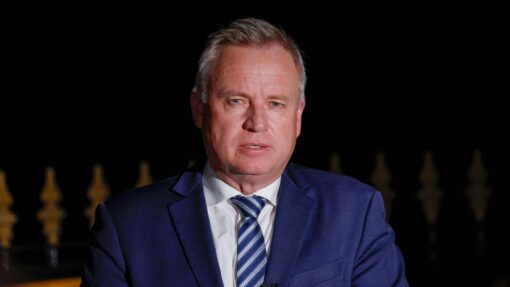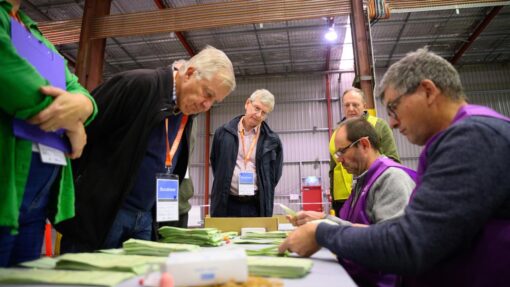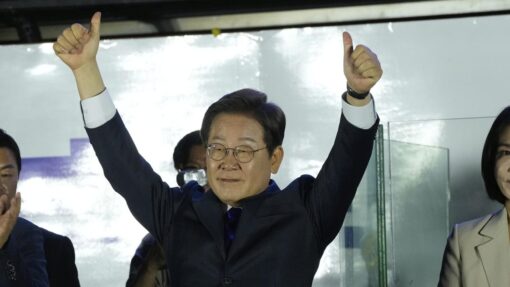Probe finds misconduct but no government heads to roll
Cassandra Morgan and Callum Godde |
No one will face criminal charges following an anti-corruption probe finding Victorian government officials pressured health bureaucrats to award a $1.2 million contract to a Labor-affiliated union.
The Independent Broad-based Anti-corruption Commission (IBAC) released its Operation Daintree report on Wednesday, after investigating the awarding of the contract in the lead-up to the 2018 state election.
Violence against health workers was a growing problem at the time and the Labor government had long promised to address it.
The Health Workers Union put in a pitch in June 2018 to run a staff training program to tackle the issue, with the government ultimately unfairly awarding it the contract on the eve of the election.
An anonymous source alleging serious corruption tipped off the watchdog the following year.
Premier Daniel Andrews branded the special report “educational” and stressed there were no corruption findings against anyone.
“I can’t change what happened four or five years ago,” he told reporters.
“The people involved are either no longer in the parliament or, from a staff point of view, they don’t work for the government anymore.”
The watchdog’s investigation substantiated that a ministerial advisor working for then-health minister Jill Hennessy exerted pressure on health department and human services staff to award the contract to a Health Workers Union entity in 2018.
It also found an advisor to subsequent health minister Jenny Mikakos and an advisor to Mr Andrews intruded on the department’s management of the contract against the public interest.
Above all, the inquiry named the premier as ultimately responsible for the misconduct but did not detect corruption.
“(Mr Andrews) remains accountable to parliament for the conduct of his staff and its consequences, regardless of whether or not he has personal knowledge of it,” the report said.
The premier was questioned by the watchdog in private and played a tape of himself announcing a “partnership” with the union before it was awarded the contract.
He initially contended in evidence that did not mean the union secured the contract by the time of the announcement, but later accepted he could have told the union about the intended commitment before the announcement.
Conduct by senior public servants also fell short of that required by Victorian standards.
“The pursuit by advisors of the perceived interests of their ministers, including the premier, at the expense of proper process and standards is another example of the phenomenon of grey corruption that is of increasing concern to integrity bodies around Australia,” the report said.
The operation found ample evidence of the misuse of power and influence by ministerial advisors and departmental executives.
Health department staff held significant concerns from the start about whether the union entity, the Health Education Fund, had capacity to deliver on the contract.
It was not a registered training organisation when the contract was awarded.
A non-competitive process went ahead and the concerns persisted, with Andrews government staffers dissuading the health department from terminating the contract.
Ms Mikakos gave evidence to IBAC that all ministers and their advisors were under clear direction from the premier that election commitments must be delivered.
She described the government as “very centralised”, with the premier’s private office “having its tentacles everywhere”.
Seventeen recommendations were made by the watchdog and all will be examined under a cabinet process, led by Mr Andrews.
Opposition Leader John Pesutto said Mr Andrews should “seriously consider” his position as premier but stopped short of suggesting the legal definition of corruption should changed to no longer require a degree of criminality.
“Let’s be realistic here and recognise what’s happened here is wrong. It’s wrong whether it’s a criminal offence or not,” he said.
AAP


